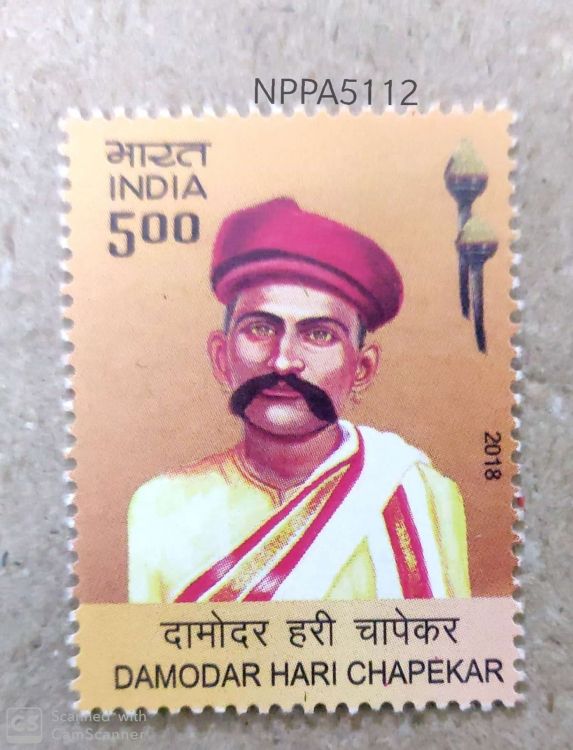Autobiography of Damodar Hari Chapekar
Autobiography of Damodar Hari Chapekar

The Chapekar brothers, Damodar Hari Chapekar (1870–1898), Balkrishna Hari Chapekar (1873–1899, also called Bapurao) and Vasudeo Hari Chapekar (1879–1899, were Indian revolutionaries involved in the assassination of W. C. Rand, the British plague commissioner of Pune.
The brothers initially belonged to Chapa, a small hamlet near Chinchwad, then a village near Pune, in the state of Maharashtra, India. In late 1896, Pune was hit by bubonicplague, part of the global Third plague pandemic. By the end of February 1897, the epidemic was raging, with a mortality rate double the norm. Half the population of the city left.
A Special Plague Committee was formed, under the chairmanship of Walter Charles Rand, an Indian Civil Services officer. Troops were brought in to deal with the emergency. The measures employed included forced entry into private houses, forced stripping and examination of occupants (including women) by British officers in public, evacuation to hospitals and segregation camps, removing and destroying personal possessions, and preventing movement from the city. These measures were considered oppressive by the populace of Pune and complaints were ignored by Rand.
On 22 June 1897, the Diamond Jubilee of the coronation of Queen Victoria, Rand and his military escort Lt. Ayerst were shot while returning from the celebrations at Government House. Both died, Ayerst on the spot and Rand of his wounds on 3 July. The Chapekar brothers and two accomplices were charged with the murders in various roles, as well as the shooting of two informants and an attempt to shoot a police officer. All three brothers were found guilty and hanged, an accomplice was dealt with similarly, another, then a schoolboy, was sentenced to ten years’ rigorous imprisonment.
Specifications
Hits | 1311 |
Publisher | The Government Central Press |
Downloads | 178 |
Pages | 62 pages |
Year |
Author
Author | Damodar Hari Chapekar |

The Chapekar brothers, Damodar Hari Chapekar (1870–1898), Balkrishna Hari Chapekar (1873–1899, also called Bapurao) and Vasudeo Hari Chapekar (1879–1899, were Indian revolutionaries involved in the assassination of W. C. Rand, the British plague commissioner of Pune.
It was alleged that Mr. Rand and Lieutenant Ayerst had wrongfully oppressed the people in connection with the measures to prevent the plague epidemic. It was also alleged that these officers misbehaved with the plague patients brutally instead of rendering any duty. Probably it was the first political murder in modern India.
Chapekar brothers were hanged. The martyrdom of the Chapekar brothers helped to spread revolutionary spirit in Maharashtra.